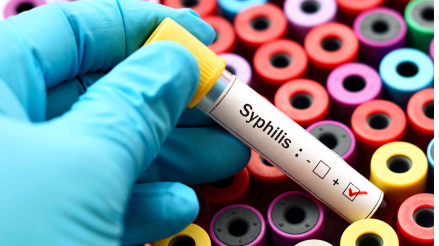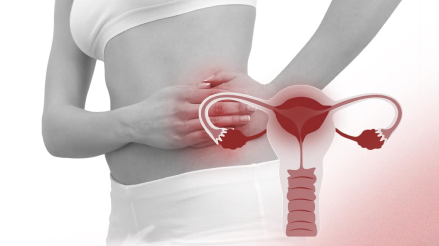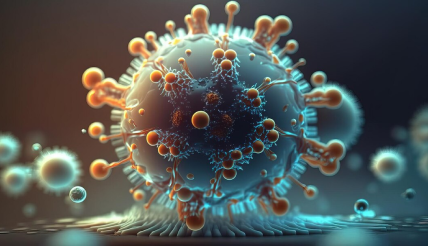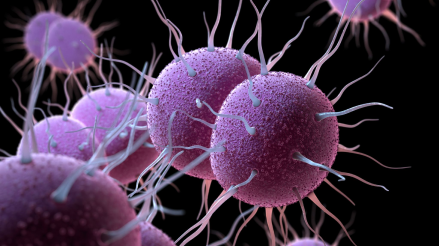You may also like…
Trichomoniasis
Trichomoniasis is a common sexually transmitted infection (STI). It mainly affects women of childbearing age, but young girls and postmenopausal women can also get it. It can be passed through sexual contact, but sometimes it can be acquired through poor hygiene or using infected towels, bath, or clothes.
Trichomoniasis is caused by a tiny parasite called Trichomonas vaginalis. It is usually found in the vagina and can cause symptoms like itching and discomfort. It can also lead to a yellowish-green, frothy discharge that can be irritating.
Some people with trichomoniasis may not have any symptoms, but others may experience symptoms within a month of exposure to the infection. These symptoms can include:
- Profuse, thin, creamy, or slightly green discharge
- Irritation and inflammation of the vulva (the outer part of the genitals)
- Small strawberry-like spots on the vagina and cervix
- Urinary symptoms like pain and frequent urination
- Lower abdominal pain, backache, and pain during sex if the infection spreads to the pelvic area.
The good news is that trichomoniasis can be treated once diagnosed. Both the affected woman and her male partner should receive treatment at the same time to prevent reinfection. The most commonly prescribed medication is metronidazole. However, it's best to avoid using metronidazole in the first trimester of pregnancy. If the infection keeps coming back, another medication called tinidazole may be used.
During treatment, it's important to avoid breastfeeding to prevent passing the medication to the baby.
If you suspect you have trichomoniasis or any other STI, it's essential to see a healthcare provider. They can diagnose the infection and provide the appropriate treatment. Remember, practicing safe sex and maintaining good hygiene can help prevent the spread of STIs.
Powered by Froala Editor





